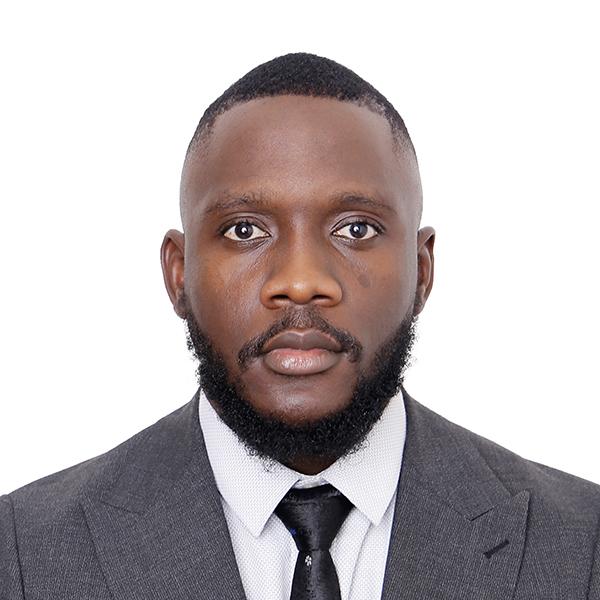The high literacy rate in Nigeria is quite high but does not necessarily translate to high education rates so declared Segun Tekun, National Project Officer- Social Protection/ Youth Employment, International Labour Organization.
Mr Tekun was guest on Advent Cable Network Nigeria Television ACNNTV ( Church of Nigeria Anglican Communion ) owned television in its daily morning programme- ” Now Streaming” in Abuja.
Expantiating on the topic of the day – “Level of literacy in Nigeria and the employable status of Nigeria’s graduates” Mr Tekun said Literacy depended on the angle you wanted to look at it. “Literacy among adults in Nigeria is quite high and the statistics that have been released by statistics that definitely shows that literacy among adults is around 60 -something percent.
“But you know, literacy does not really mean that it’s really ability to read, write and of course understand basic comprehension. the high literacy rate in Nigeria does not necessarily translate to high education rates.”
Education in Nigeria he explained “between the age of six to fifteen is compulsory. Education between the age of six to fifteen it’s expected that between that age you must have gone to primary school and also junior secondary school.”
This Mr Tekun said was compulsory. as education is on the concurrent list. “The state is responsible and the federal government is also supporting the state. A lot of investment has been made in this area. But then what we need to begin to interrogate is that as this investment yielded any return for us?”
“The sad situation is that it has not yielded any good results. And if you begin to look at third world nations who have really advanced in the recent time, especially those Asian Tigers, what they were able to do was that they were able to prioritize education, prioritize health. They were able to prioritize activities that improve human capital development. And if we don’t do that in Nigeria, we would not then be able to achieve the development that we want.” He declared.
The sad thing he continued “is that if you begin to look at implementation of policies and laws, for policies to be adequately implemented, you need systems. And then clearly those systems are not strengthened in Nigeria.
“And if you begin to just look at it, if you ask yourself, today can you sit and, at the federal level, say you want to know the number of children in school, between age five to eight, six to ten, It would be difficult for you to get this number because we do not have a robust management information system in place and all of this. it’s a system problem and until we begin to fix this system problem, that is when we begin to see the effective implementation of policies and laws.”
Talking about skills he said: “Nigerian graduates are employable. They have the required skills.
The question is now, are these skills enough for the labour market? No, it’s not enough. We need to do better. If you look at our curriculum at the university and then look at the realities, especially with the advancing technology, most of those curriculums are not flexible and they are not adapted to the reality of this century.
“So, then what do we need to begin to do? Of course, look at our curriculum, adapt them to the reality of this century and then when we are able to do that, we would begin to see change among the graduates in Nigeria.”
However he averred that his view “is very different from the popular view that Nigerian youth are not employable because when Nigerians are given opportunities off shores, they excel and succeed in various professions”.
Share your story or advertise with us: Whatsapp: +2347068606071 Email: info@newspotng.com















